Richard Parsons, the former Time Warner chairman who became a go-to executive brought in to steady such troubled organizations as CBS Corp., Citigroup and the Los Angeles Clippers, died Thursday. He was 76.
Parsons died at his Manhattan home of bone cancer, Ronald S. Lauder, a member of the Estée Lauder board and a close friend, told The New York Times. He also battled multiple myeloma, a pernicious blood cancer, over the years.
In September 2018, Parsons was named interim chairman of CBS after chairman and CEO Leslie Moonves resigned following allegations of sexual harassment. He was a key player in negotiating the Moonves exit and in appointing COO Joseph Ianniello as acting CEO. He also brought in six new directors.
Parsons’ tenure, however, lasted less than a month. On Oct. 21, he announced he was leaving the post after learning that his health had taken a turn for the worse. Parsons had been in remission for multiple myeloma following a stem cell transplant in 2016.
Parsons was for many years the highest-ranking African American in any media company, though that was a distinction he frequently played down. He advised young African Americans to focus on their new opportunities.
“The sky’s the limit,” he told Fortune magazine in 2016. “Those barriers that were almost impenetrable a generation ago, certainly two generations ago, are gone. There are other structural things that we need to do in our society to level the playing field, but you can go from the top to the bottom almost regardless of race, origin creed or sexual orientation.”
The commanding but soft-voiced executive was a 6-foot-4 former basketball player, White House insider, corporate lawyer and protege of New York governor and U.S. vice president Nelson Rockefeller. He had a gift for inspiring others, yet always claimed he lacked personal ambition.
“I’m actually a type-B personality,” he told The Hollywood Reporter in a February 2018 profile. “I’m not driven. But I am competitive.”
He was thrust into the media limelight in May 2002 when he took over the chairmanship of AOL Time Warner when the company was in free-fall after one of the most infamous mistakes in corporate history: the merger of internet goliath AOL with old-school media company Time Warner.
“At that moment,” he said, “they were not looking for a visionary or necessarily Mr. Charismatic or someone to replicate the dimension of a mogul.” He added: “Almost nobody recalls that I was the CEO who had the largest recorded loss in the history of American corporations. For the year 2002, my first annual report, we took a write-down of $99 billion. Stunning.”
Parsons was president of Time Warner when his immediate boss, chairman and CEO Gerald Levin, began to consider a merger in the late 1990s. Nearing the end of his corporate career, Levin was keen to leave a legacy akin to that of board member Ted Turner. After finding himself seated near AOL’s chief executive, Steve Case, when they were in Beijing in October 1999 for a 50th-anniversary celebration of the Chinese Revolution, he came upon the idea of old meeting new.
The Levin-Case talks gathered steam upon the colleagues’ return to the U.S., and soon after, Levin told Parsons about his merger plan. “It wasn’t completely Machiavellian,” Parsons told THR, “though Jerry could be Machiavellian at times.”
Parsons acknowledged that he shared some responsibility for the disaster insofar as he did not strenuously object to the merger, which stunned Wall Street when it was presented as a purchase of Time Warner by upstart AOL. “History will record that it was really Jerry’s deal,” he said, “but at the end of the day, I voted for it. I thought we could make it work.”
He was wrong. Very quickly after the companies made their pact public in January 2000, when they announced that AOL would buy Time Warner for about $160 billion to create a new entity worth $300 billion, things began to veer off course.
Levin and Case had believed that Time Warner’s content would make AOL subscriptions vastly more appealing; Parsons, by his own reckoning an old-school guy with little knowledge of computers and technology (“You don’t even like the internet,” his wife told him), was unable to counsel them that the changing landscape would soon rule that out.
“The value proposition with AOL was, ‘We have a walled garden and you have to pay to get in — and once in, the world is yours, so you’ll be happy to pay us $14.95 a month,'” he explained. “But the walled-garden model was starting to break down. All these new services were offering content for free. That model just collapsed.”
So did AOL Time Warner’s shares, which plunged from a high of $104 to a low of $10 within two years, wiping out billions of dollars (and costing Turner alone an estimated $2 billion). It was clear that Levin, his reputation in tatters, would have to depart, and in 2002 he did, leaving the question of who would replace him.
Rather than turn to an outsider, the AOL Time Warner board selected Parsons as chairman and CEO, and the man who professed to be lacking in vision, who could barely work a computer, let alone navigate a course for the digital age, proved a solid choice.
He immediately sold off some AOL Time Warner assets and replaced several top staffers; but more than anything, he sent a message of stability and confidence that was rooted in his measured, empathetic manner — a warmth and human appeal that he described as “wet,” in contrast to Levin’s “dry.”
Gathering 300 top staffers together, Parsons brought in a Gulf War leader, Gen. Norman Schwarzkopf, to speak to them. “Norman was asked, ‘What are your rules of leadership?'” said Parsons. “He said, ‘I have two. Rule No. 1: When put in a position of command, take charge, make decisions. And rule No. 2 is: Do what’s right.'” Added Parsons: “I tend to subscribe to that.”
He made the decision to sell AOL and restore the company’s former name, Time Warner; and he promoted Jeffrey Bewkes, paving the way for Bewkes to succeed him when Parsons voluntarily stepped down in 2008. Bewkes would remain there another decade, until Time Warner’s recent merger with AT&T.
Throughout, Parsons was a voice of skepticism that old- and new-school media could ever function together in harmony, even though at first he had thought they might. “You couldn’t make them work seamlessly,” he said. “The disrupters, the new-media people, just had a whole different way of thinking about business, and when you really cut to the core of it, their job was to disintermediate the old-media guys.”
When Parsons stepped down, he was given great credit for restoring the brand, even if its stock price had barely shifted. He was “the steady hand” Time Warner needed after the challenge of AOL, said James Goss, managing director of Barrington Research. Added analyst Harold Vogel, “He was the right guy in the right place at the right time.”
Born on April 4, 1948, Richard Dean Parsons was raised in Queens, one of five children of an electrical technician and a homemaker. He was clearly bright and in those early school years was allowed to skip two grades, but then he coasted and had an undistinguished time as a student at the University of Hawaii.
Reports that he played basketball for the school were later discounted by him and others. “I was perhaps the least successful student of my generation,” he quipped.
That changed when the newly married man went to Albany Law School and interned with the state legislature, then worked for Gov. Rockefeller, who became his mentor. (Parsons’ grandfather had served as head gardener at the Rockefeller estate.)
After graduating first among the 4,000 potential lawyers who sat for the New York State Bar, he went to work for Rockefeller when newly named President Ford chose him as his vice president in 1974.
He arrived to find a White House in chaos following the resignation of President Nixon, with Ford forced to turn to Rockefeller’s staff to make up for a lack of contenders for top staff jobs among his own inner circle. That gave Parsons immense opportunity. He became general counsel and associate director of what was then the Domestic Counsel and remained a lifelong admirer of Rockefeller, whose charitable foundation he later headed.
Parsons stayed at the White House for three of the Ford administration’s four years before leaving to seek a job that paid more and allowed him to spend time with his burgeoning family that included his wife, Laura Bush, a child psychologist whom he had met as a student, a boy and two girls, one of whom is transgender.
Hired by the law firm Patterson Belknap Webb & Tyler, he remained there until 1988, when he was brought in to run the troubled Dime Savings Bank. In 1991, he was recruited by Time Warner, where he became president in 1995, and, a decade later, assumed the top position.
In the years after Parsons left the company, he remained active — indeed, far more than he had intended. He bought a vineyard in Tuscany, Italy, planning to spend much of his retirement there; instead, he was asked to help Citigroup in 2009 after the bank endured five straight quarters of losses and was forced to seek $45 billion in government aid.
He was similarly brought in to help save the NBA’s Clippers following a scandal that broke out in 2014 when club owner Donald Sterling made racist remarks and was forced out. Then, he was named CBS’ interim chairman in the wake of the Moonves imbroglio.
A strong advocate of education opportunities for the disadvantaged, Parsons toyed with the idea of running for mayor of New York and passed on the possibility of becoming President Obama’s commerce secretary after he learned that he was ill. He had numerous nonprofit involvements, chairing the Jazz Foundation of America and the Apollo Theater Foundation as well as the Smithsonian’s advisory board for its new African American museum.
His political activities continued when he chaired a commission on social security for President George W. Bush and worked on the transition teams of New York Mayor Michael Bloomberg and New York Governor Eliot Spitzer.
He is survived by his wife, their children and a daughter he had out of wedlock with model and philanthropist MacDella Cooper.
Parsons’ experience with AOL made him skeptical of the Time Warner/AT&T merger that was approved in June 2018. Four months earlier, he said he was “cautious” about its chances. Even if it were to succeed, he said, “It’s going to take longer than people think, and it’s going to be more difficult.”
Stephen Galloway is dean of the Chapman University Film School.






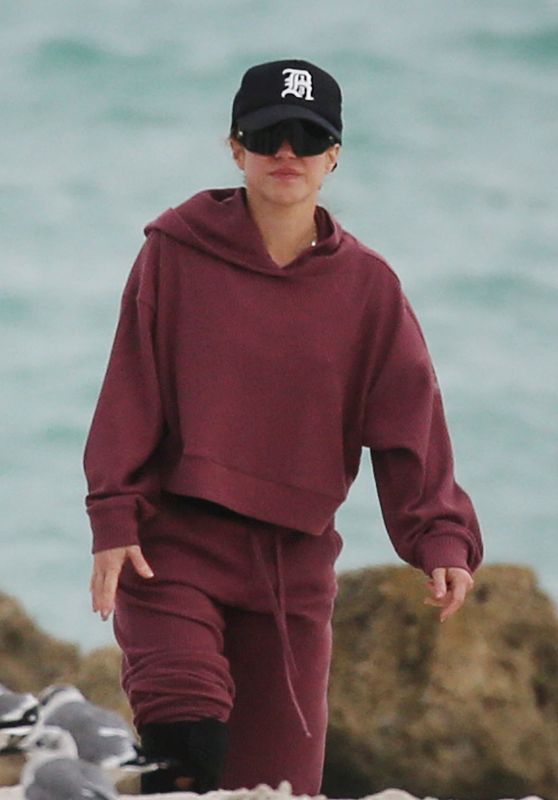
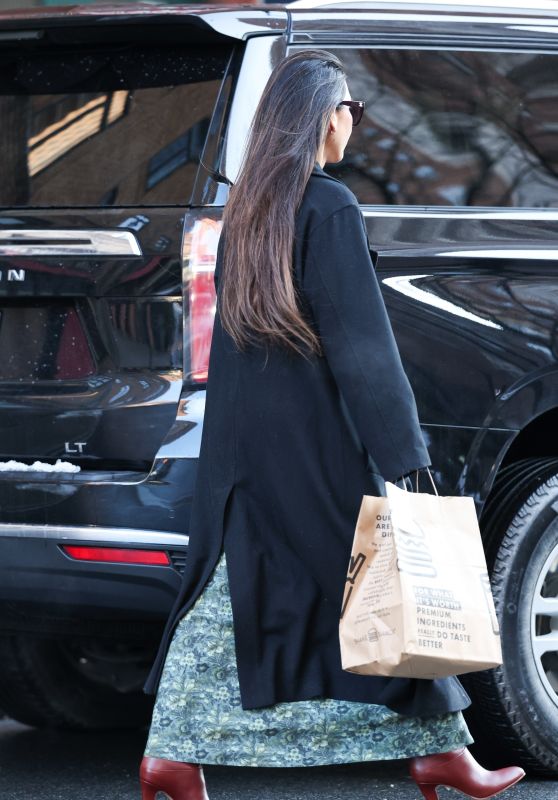
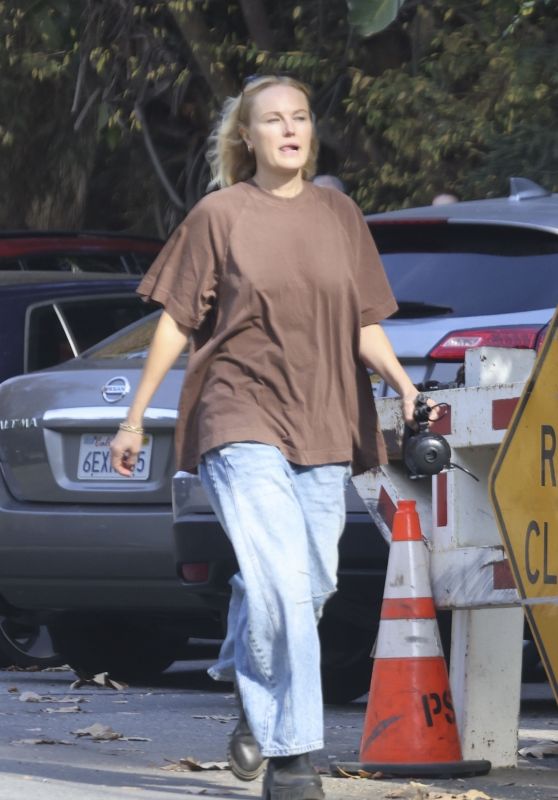
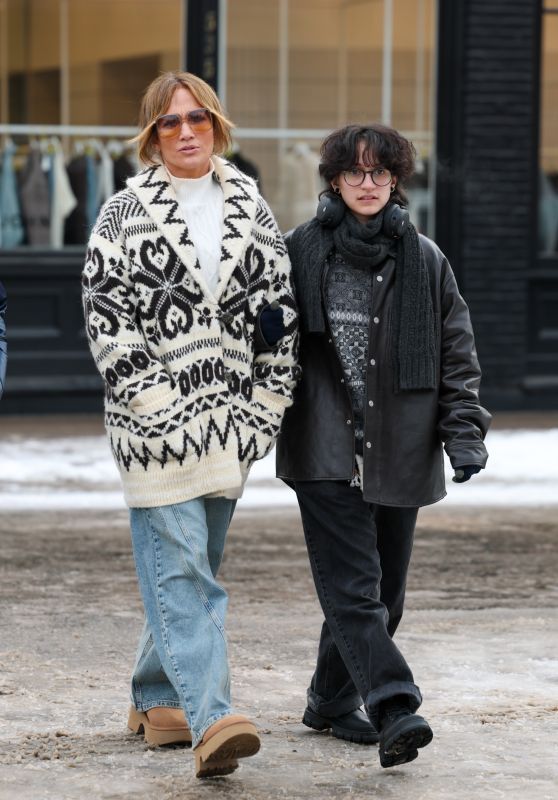
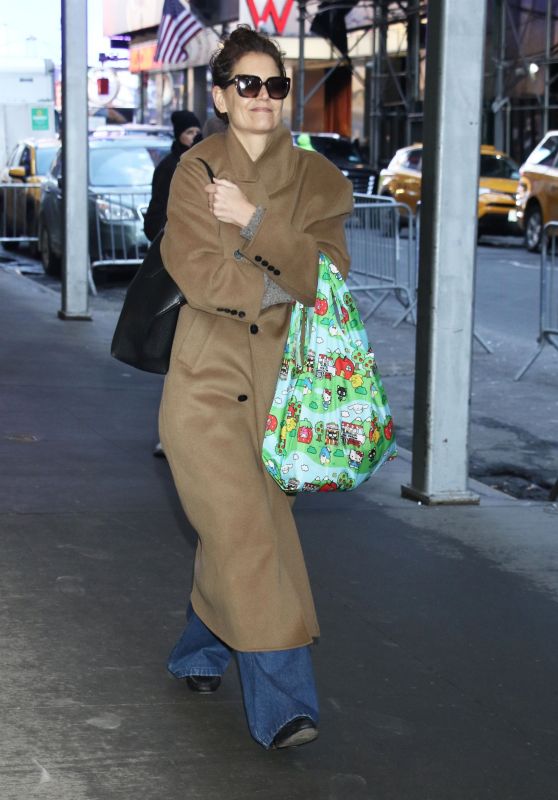
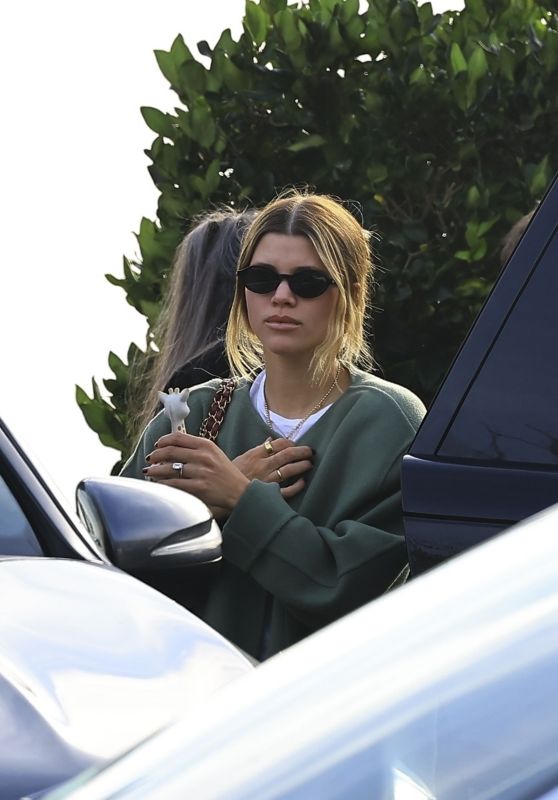








 English (US) ·
English (US) ·